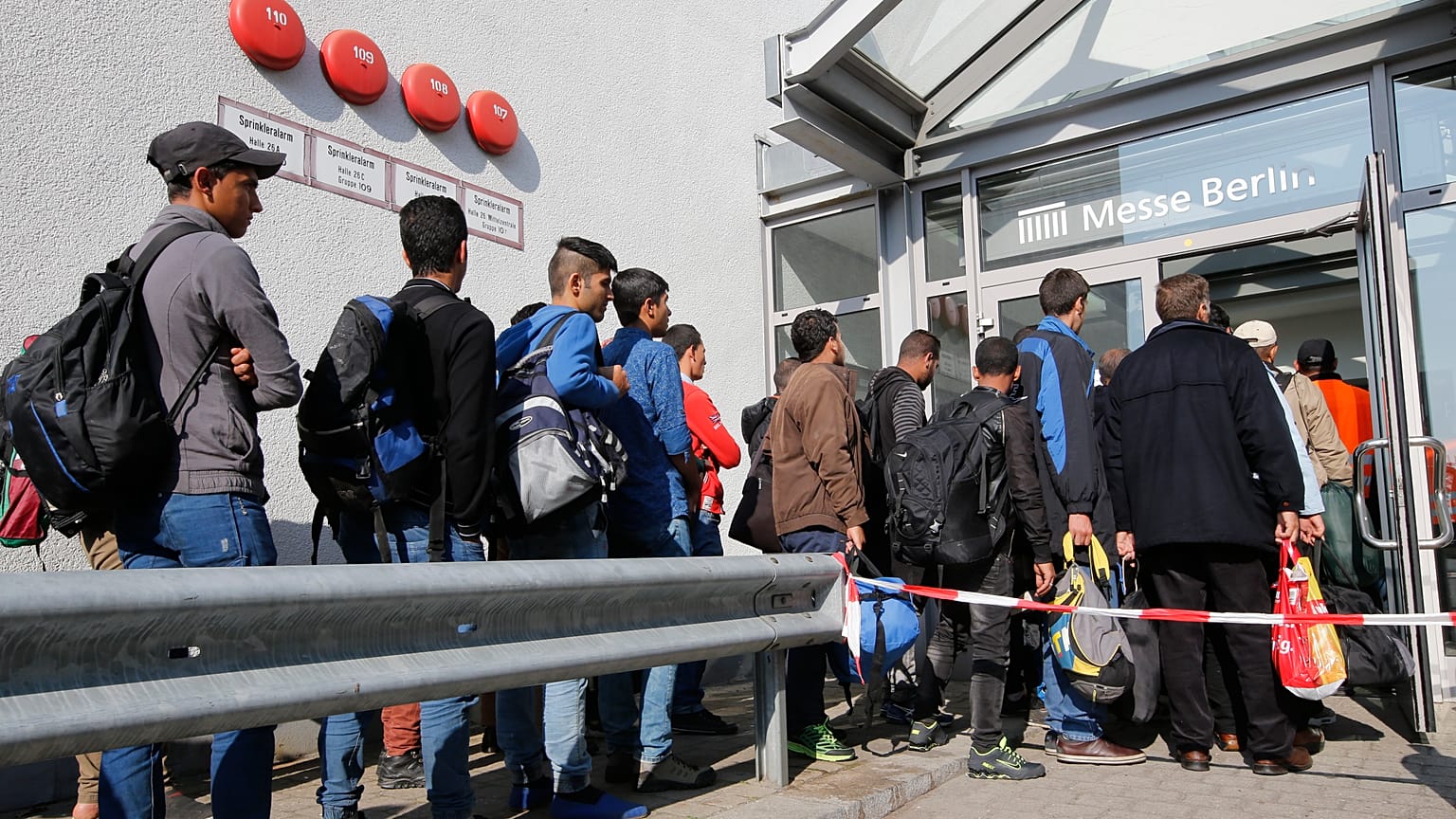EU member states as well as Norway, Iceland and Switzerland granted protection status to 538,000 asylum seekers in 2017, according to new data released by Eurostat on Thursday.
EU member states as well as Norway, Iceland and Switzerland granted protection status to 538,000 asylum seekers in 2017, according to new data released by Eurostat on Thursday.
 ADVERTISEMENT
ADVERTISEMENT
 ADVERTISEMENT
ADVERTISEMENT
Another 24,000 refugees were resettled in the region last year.
Last year's asylum seeker figures represent a 25% drop from 2016, when 710,000 asylum seekers qualified for international protection in the bloc.
Two forms of protection are offered under EU law: refugee status — for people fleeing persecution, and subsidiary protection — for those who face serious harm if they return to their country of origin, and who don’t qualify as refugees. But protection may also be given for humanitarian reasons, such as on grounds of ill health or if the person is an unaccompanied minor.
Around a third of such asylum seekers in Europe came from Syria last year, followed by Afghan citizens (19%) and Iraqis (12%).
Where did they go?
By far, Germany took in the most protected persons in 2017 (60.5%), ahead of France (7.5%) and Italy (6.5%)
At the other end of the scale, Liechtenstein took in the least (0.005%), alongside Slovakia (0.011%) and Estonia (0.018%).
But when the asylum rate is compared to their destination country's population size, the results are significant.
Austria, whilst being the fourth most popular destination (33,250), still took in almost as many asylum seekers per million residents as Germany (about 21%). The landlocked country has a population size of around 8.8 million, while Germany sits at about 83 million.
The findings come a day after Vienna's cabinet approved proposals to toughen domestic asylum policies in an effort to crackdown on illegal migration and asylum abuse.
The bill, which is still being passed through Parliament, would grant authorities power to seize mobile phones to identify the owner, and threaten deportation against minors who commit crimes.
The EU announced on Thursday that Germany planned to resettle 10,000 refugees from the Middle East and North Africa.














